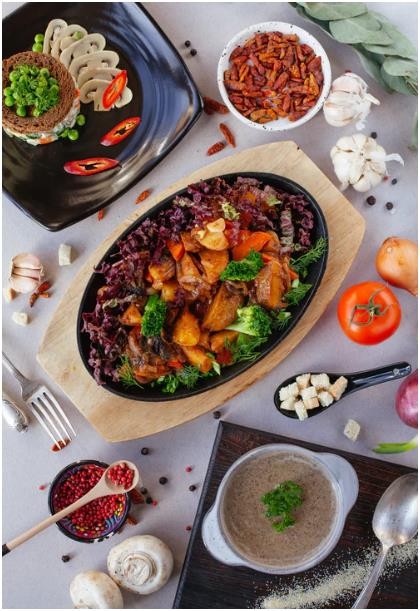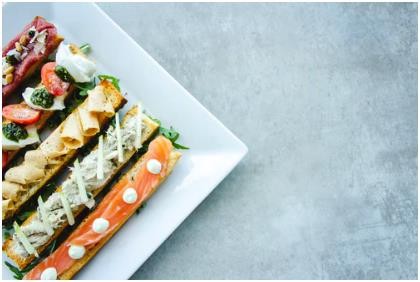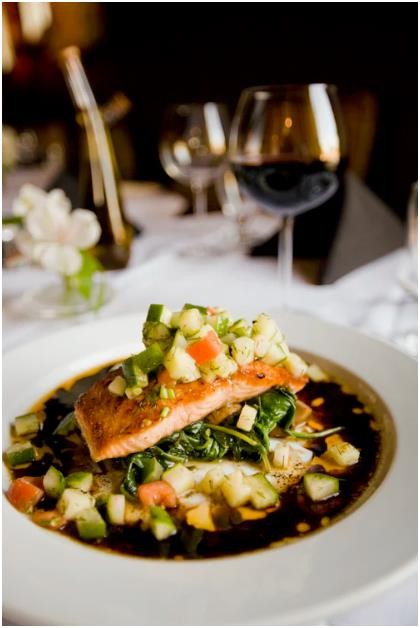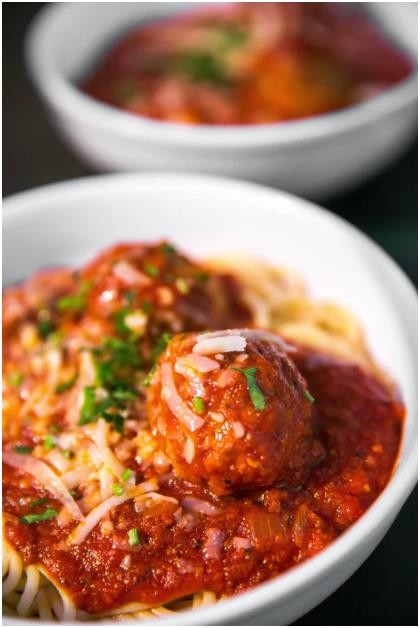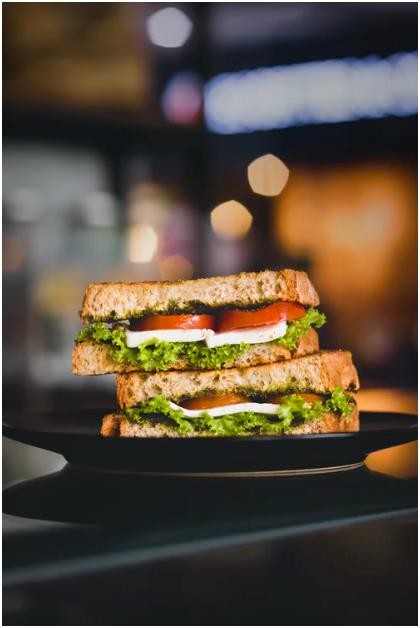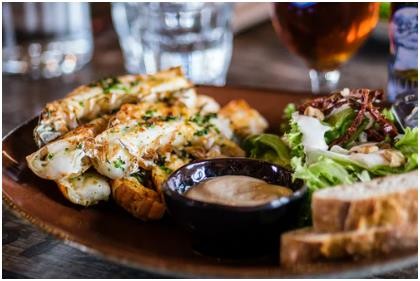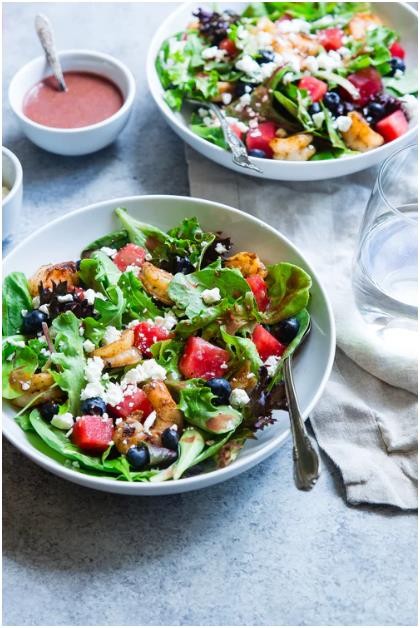Western Table Manners Essential Etiquette in English
?Western Table Manners: Essential Etiquette in English
Western dining etiquette reflects centuries of cultural tradition and social norms. Understanding these rules not only enhances cross-cultural communication but also demonstrates respect and professionali**. Below is a comprehensive guide to key Western table manners, supported by practical English expressions for various scenarios.
1. Seating and Posture
At formal events, seating arrangements follow hierarchy: elders or hosts sit at the table’s head. Always wait for the host to begin eating before starting your meal, especially in **all gatherings (under eight guests). When seated, keep your posture upright, elboWS off the table, and hands resting gently on your lap or the table edge.
Example pHrases:
"Please take your seat here." (引导客人入座)
"Would you prefer a window seat?" (询问座位偏好)
2. Utensil Usage
Western meals involve multiple utensils arranged in order of use. Key rules:
Knife and fork: Hold the knife in your right hand and the fork in your left. Cut food into **all pieces, then switch the fork to your right hand to eat (American style).
Spoons: Use the largest spoon for soup and **aller ones for desserts.
Bread plates: Tear bread into bite-sized pieces and butter each piece individually.
Placement signals:
Crossed utensils mean you’re still eating; parallel placement indicates you’ve finished.
3. Napkin Etiquette
Place the napkin on your lap immediately after sitting. Use it to dab your mouth discreetly—never wipe vigorously or tuck it into your collar. When leaving temporarily, place the napkin on your chair.
Example reminder:
"Place your napkin gently—no Olympic flag unfurling!" (幽默提醒).
4. Dining Behavior
Silent chewing: Avoid talking with food in your mouth and close your lips while chewing.
Soup: Sip quietly from the side of the spoon; never slurp.
Interruptions: If you need to leave, say, "Please excuse me for a moment.".
Common mistakes to avoid:
Reaching across others (pass dishes counterclockwise).
Using PHones or personal items at the table.
5. Conversation and Phrases
Polite dialogue is crucial. Use these expressions:
Ordering:
"May I recommend the chef’s special?" (推荐菜品).
"Would you like red or white Wine?" (饮品选择).
Declining offers:
"Not today, thank you." (婉拒饮酒).
"I’ll pass on the dessert, but it look s wonderful." (礼貌拒绝)
6. Special Scenarios
Business meals: Avoid discussing controversial topics. Focus on light conversation like travel or cuisine.
Accidents: Stay calm if you spill something. Say, "Let me help clean that up," and signal the server.
Mastering Western table manners requires practice, but the effort f oster s respect and confidence in international settings. From utensil navigation to graceful conversation, these rules bridge cultural gaps and elevate dining experiences. For more details, explore sources like , , and .
版权声明:本文内容由互联网用户自发贡献,该文观点仅代表作者本人。本站仅提供信息存储空间服务,不拥有所有权,不承担相关法律责任。如发现本站有涉嫌抄袭侵权/违法违规的内容,请联系QQ:23236402举报,一经查实,本站将立刻删除。

